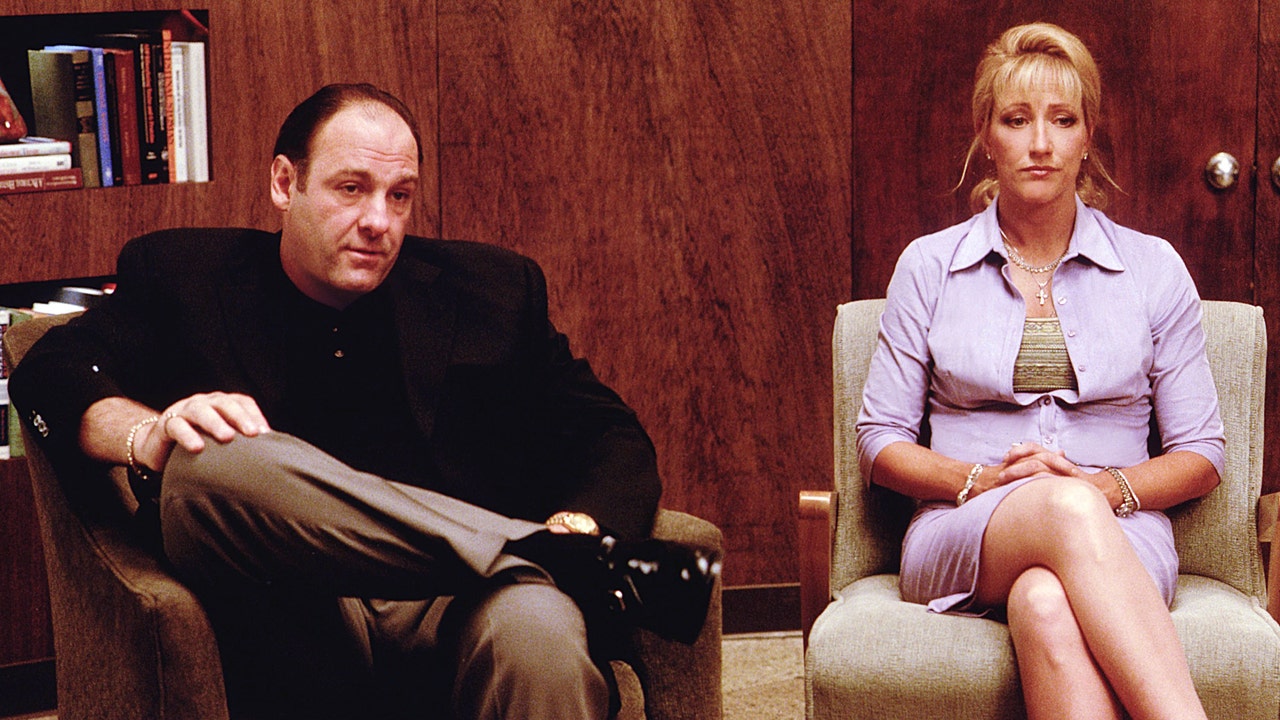In the relentless pursuit of professional goals, the contemporary workplace often becomes a breeding ground for burnout. Balancing tight deadlines, high expectations, and personal responsibilities can lead to burnout, affecting both mental and physical well-being. Recognizing the detrimental impact of stress on productivity and employee morale, organizations are increasingly focusing on implementing stress management strategies.
From mindfulness practices to fostering open communication, companies are prioritizing a healthier work culture, acknowledging that a stress-free workplace is essential for employee satisfaction and overall organizational success.
Mr. Saravanan MP, Director of People & Communication at KONE India says, “We should empower our employees to bring their best selves to work by prioritizing their mental, social and emotional wellness. It is more than simply a policy; it is a commitment to creating a workplace where people may find fulfilment, purpose, and balance. Let us go together from the shadows of burnout to the enlightened equilibrium that ensures our teams thrive and our organisations thrive.”
Saravanan emphasizes the necessity of creating moments of calm amidst the chaos of deadlines and duties. He suggests that workplaces can transform into nurturing spaces through the integration of mindfulness practices, flexible schedules, and open communication channels. Cultivating a culture that values the holistic well-being of employees not only shields against burnout but also fosters an environment where competence and creativity coexist.
Ms. Yulia Aslamova, Head of Asia at DRIM Global, shares a personal journey of burnout, acknowledging its impact and the subsequent decision to relocate to India. She emphasizes the importance of developing effective stress management skills, particularly for women juggling multiple roles.
“Avoiding stress isn’t possible but developing effective stress management skills can help cope better. Approaching stress inducing situations mindfully can help navigate through conditions that lead to burnout,” highlights Ms Yulia Aslamova.
Dr Pulkit Sharma, a psychologist, sheds light on the mental adjustments required in today’s fast-paced work settings. He suggests that finding balance is not about avoiding stress but changing our relationship with it. “Mindfulness practices, setting reasonable boundaries, and fostering candid communication are essential tools in building mental resilience. Acknowledging the mutually beneficial relationship between mental health and output, we enable people to meet the demands of their work with poise and direction”, concludes Dr Pulkit.
By prioritizing mental, emotional, and physical health, and embracing stress management strategies, individuals and organizations can move towards a more balanced and fulfilling work-life dynamic. The journey from burnout to balance is not just a shift in mindset; it’s a transformative commitment to the overall wellness of the workforce in the modern era.














































